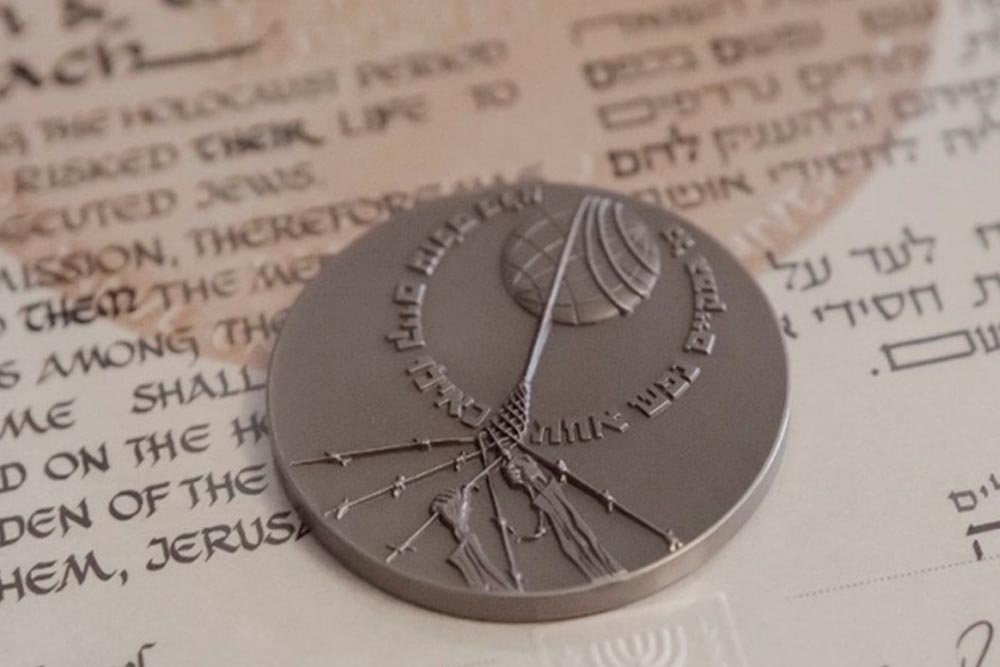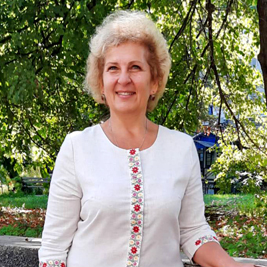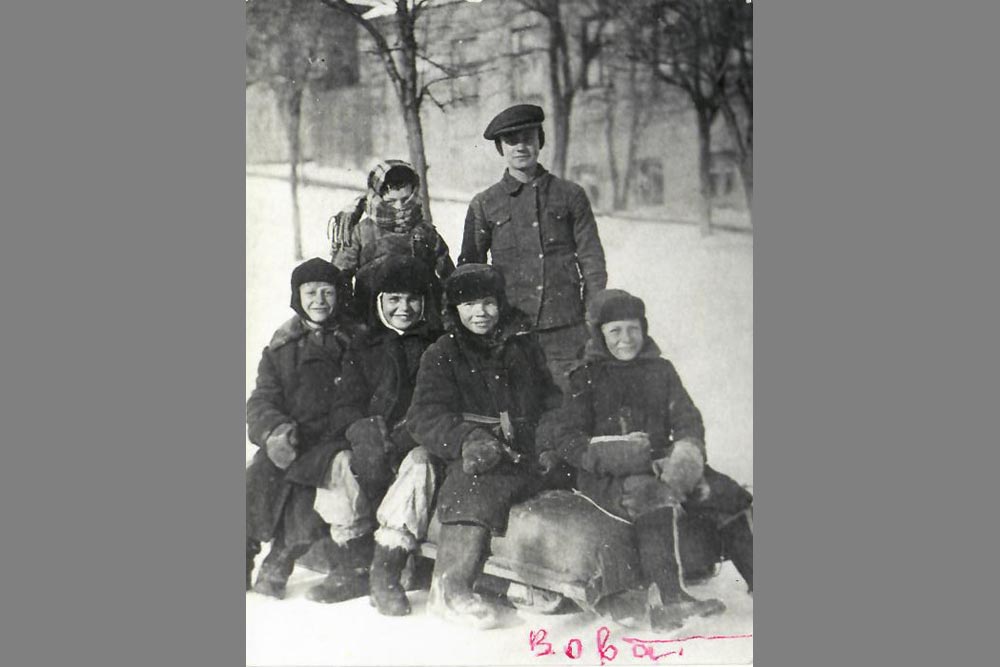Bank of Portraits / Kravchenko Nataliia

Kravchenko Nataliia
I am from Bakhmut, my grandfather is from Bakhmut... I know that my great-grandfather was also born in this city. In 1922, he built a house for his daughter, my grandmother, in the very center. Moreover, my whole family lived there. House books, which all owners of private houses had during the Soviet period, have been preserved. All residents were registered with them. The history of our home book dates back to 1948. And for me, it became the history of Bakhmut itself through its residents. My grandmother did not have a pension because she was engaged in raising children. Therefore, due to lack of funds, the family was forced to survive. My grandmother rented out the building in our yard, and sometimes the rooms in the house. Therefore, many people passed through this book: soldiers, students, doctors, engineers. I grew up in this house and it is the best house I have ever seen in my life.
A few years ago, during repairs, I found letters from grandfather Volodia to grandmother Tala (Natalia Kravchenko) under the attic, written in a beautiful Ukrainian language: “I love you the most in the world. I can't breathe without you...”. Thanks to those letters, family secrets were revealed. Grandfather sent several letters to grandmother Tala from exile. In the 1930s, he was arrested as an “undesirable element”. This story was hushed up in the family. It turns out that the grandmother went to liberate a prisoner in one of the Gulag camps in 1940. She sold the galvanized roof from her house and used the proceeds to give a bribe to take away the body of a supposedly dead man. Moreover, she brought her husband with an open form of tuberculosis to their house in Bakhmut. A year later, the German troops entered the city.
They were disgusted and afraid to enter the home of the Kravchenko family. Although if it were not for the infection, they would definitely be interested in a nice, spacious house with five rooms, even in the city center. In addition, their commandant's office was very close by.
On January 11, 1942, the Germans took about 3 thousand people, including wounded Soviet soldiers and local activists, to the alabaster mines, where they were shot.
On that terrible day, three Jewish boys, running past the Kravchenkos' house, jumped into their yard. Here they often played with the three sons of Tala and Volodymyr. My grandmother hid Volodia, Tolia and Yura Horodynskyi and worried about them herself. By that time, the grandfather was no longer down due to illness. The boys stayed there until September 1943, before the deoccupation of the city. It is noteworthy that the grandfather died a few weeks after the expulsion of the Nazis. Perhaps, as scary as it sounds, grandfather's disease saved Jewish children.
I cannot imagine how the grandmother felt... She risked the lives of her sons for the sake of other people's boys. How she managed to survive the war with six children and a grandfather suffering from tuberculosis, I have no idea...
After the war, the rescued boys were placed in a craft school. Grandma continued to take care of them. Their father died in an alabaster mine; their mother went mad with grief. And the boys grew up and did not forget about their savior.
In 2009, our family received a letter from the Embassy of Israel inviting us to receive our grandmother's Righteous Among the Nations award. Yad Vashem awarded her this title in 2006.
So another family secret was revealed.

Svitlana Kravchenko
Bakhmut
Public organization "Bakhmut Ukrainian"
-
fingerprintArtefacts
-
theatersVideo
-
subjectLibrary




